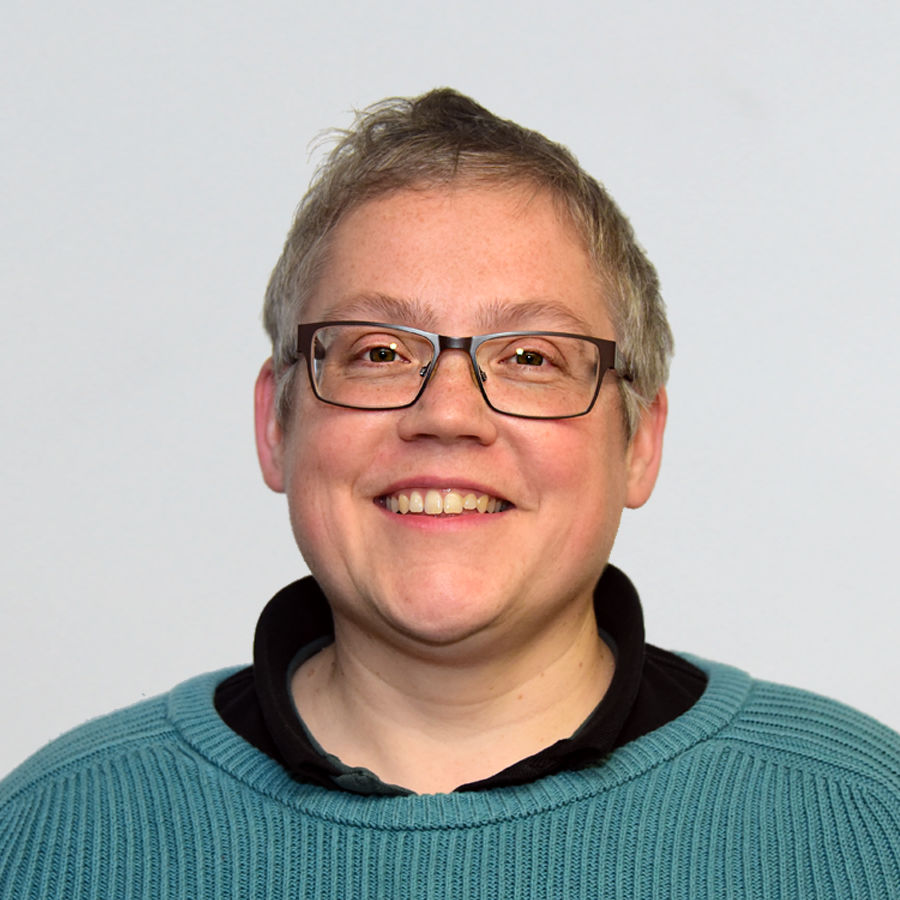Communication and Radio Access Networks
Explore the Theory and Practice of Wireless Systems
This module will introduce wireless networks from a technical perspective, including the background of wireless standards, and the evolution to 5G.
You will learn the theory underpinning radio transmission and reception, and appreciate the need for standards and protocols for accessing the RF spectrum, which forms the channel in wireless communications systems.
You will also gain practical knowledge of designing Radio Access Networks (RANs), including technical, economic, and regulatory factors, and gain an appreciation of candidate use-cases served by private and public networks.
The aim of this module is to provide a firm technical grounding in wireless communications systems.
The module is intended to ‘demystify’ how radio communications work, and explain some of the terminology around this topic, so that you will feel confident evaluating and discussing radio communications systems.
The content is structured to pair theory with practice, enabling participants to appreciate the development of RANs, and the factors influencing their design. These aspects of the module are illustrated through case studies on public and private networks.
This course is run by the University of Strathclyde in Glasgow.

Cours à venir
Sept/Oct 2024 (to be confirmed)
Residential – University of Strathclyde, Glasgow
Dates: Sept/Oct 2024 (to be confirmed)
£2,250 per delegate, including breakfasts and lunches (excluding accommodation)
Additional residential package available, which includes five nights accommodation (Sunday to Thursday), breakfast and dinner for £650 at AC by Mariott close to the campus
Communication and Radio Access Networks Class Outline
| Article |
|---|
Day 1: The Evolution of Mobile and Wireless Networks
|
Day 2: Radio Communications Engineering Principles
|
Day 3: Radio Access Networks and Technologies
|
Day 4: Standards and Regulations
|
Day 5: Design, Implementation, and Case Studies
|
Course Trainer
Get Started
To discuss booking or accommodation options, or to ask any questions you have, schedule a 15 minute Zoom call with Steve.
Simply select a date and time from the calendar below to start.



